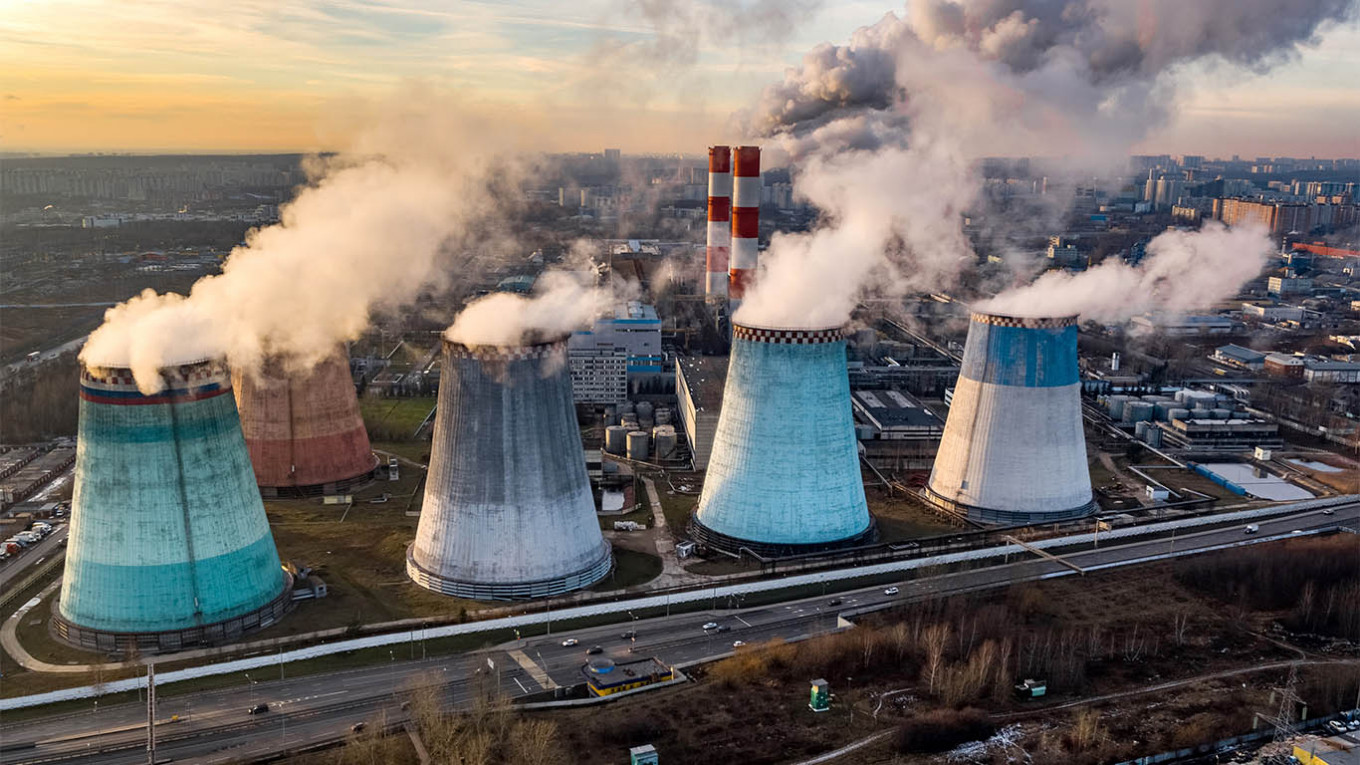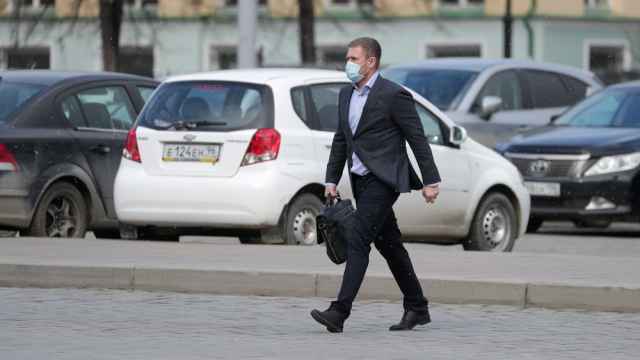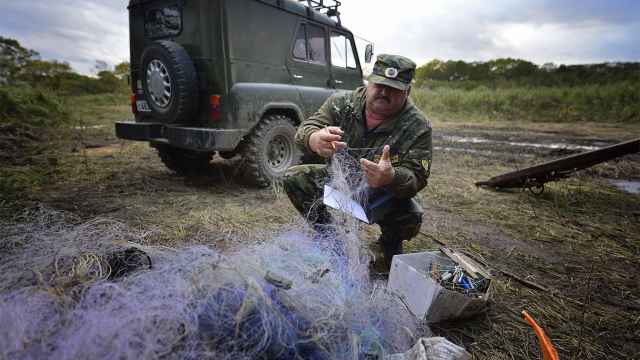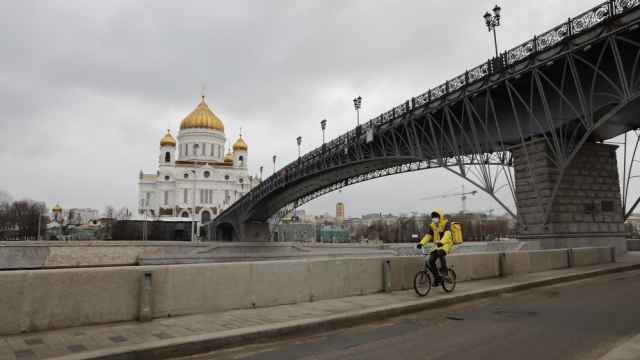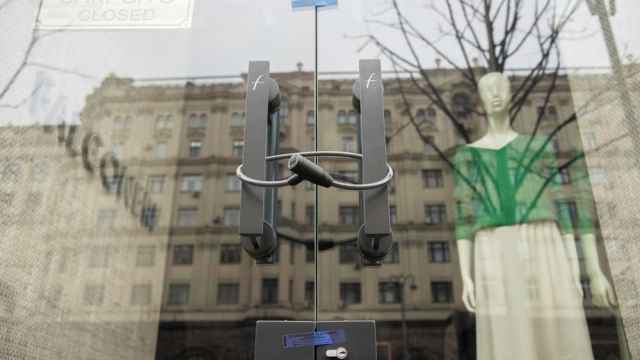Russian businesses have asked the government to suspend its enforcement of environmental regulations during the coronavirus pandemic, the Kommersant business daily reported Tuesday.
The Russian Union of Industrialists and Entrepreneurs (RSPP) warned that existing regulations would lead to an “uncontrolled spread of the disease,” according to RSPP chief Alexander Shokhin’s April 15 letter to Prime Minister Mikhail Mishustin cited by Kommersant. Its 73-point list reportedly includes requests to halt environmental supervision, to eliminate industrial pollution fines and to push back new permits and payments until next year.
“We’ll instruct the appropriate departments to deal with the [request] as soon as we receive it,” Kommersant quoted the office of Deputy Prime Minister Viktoria Abramchenko, who is responsible for environmental affairs, as saying.
Last fall, the RSPP successfully lobbied the government to drastically water down its package of climate change legislation that was due to be part of Russia’s ratification of the Paris Climate Agreement.
Experts and fellow business leaders have warned against easing environmental regulations.
“Relaxing environmental regulations risks people’s health and lives,” Kommersant quoted the Russian Presidential Academy of National Economy and Public Administration’s (RANEPA) Tatyana Lanshina as saying.
“The pandemic affects everything, but clinics don’t stop working and the water, electricity and gas supplies don’t stop,” said Lanshina, a senior research associate at RANEPA’s center for economic modeling of energy and the environment.
Natalya Belyayeva, deputy chief of the Business Russia union’s environmental committee, called the RSPP’s proposal “outrageous.”
“What are we going to do in an environmental catastrophe? Wait for the environment to regurgitate us?” Belyayeva was quoted as saying.
Deputy Prime Minister Abramchenko is likely to find the RSPP’s request unfounded, Kommersant cited an unnamed government source as saying. The Natural Resources and Environment Ministry could ultimately side with the powerful business lobby, Kommersant reported, citing its recent steps to ease mineral resource management rules.
A Message from The Moscow Times:
Dear readers,
We are facing unprecedented challenges. Russia's Prosecutor General's Office has designated The Moscow Times as an "undesirable" organization, criminalizing our work and putting our staff at risk of prosecution. This follows our earlier unjust labeling as a "foreign agent."
These actions are direct attempts to silence independent journalism in Russia. The authorities claim our work "discredits the decisions of the Russian leadership." We see things differently: we strive to provide accurate, unbiased reporting on Russia.
We, the journalists of The Moscow Times, refuse to be silenced. But to continue our work, we need your help.
Your support, no matter how small, makes a world of difference. If you can, please support us monthly starting from just $2. It's quick to set up, and every contribution makes a significant impact.
By supporting The Moscow Times, you're defending open, independent journalism in the face of repression. Thank you for standing with us.
Remind me later.


